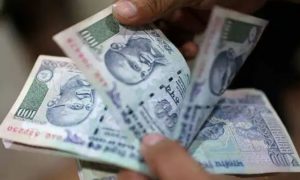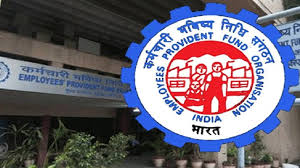Nestlé’s internal documents seen by FT say out of the company’s overall food and drinks portfolio, 70% of products failed to meet the ‘recognised definition of health’
KEY HIGHLIGHTS
- 70% of products out of company’s overall food and drink portfolio failed to meet health standards
- An internal presentation circulated among top executives in early 2021 said that only 37% of Nestle’s products achieved recognised definition of health
- After FT report, Nestle said it’s working on a “company-wide project” to update its nutrition and health strategy
Nestlé’s, which makes Maggi noodles, KitKats and Nescafe, in an internal document admitted that more than 70% of its food and drinks portfolio do not meet the “recognised definition of health”. The world’s biggest food company also admitted that some of its food products will ‘never be healthy’ no matter “how much we renovate”.
According to UK business daily Financial Times, a presentation circulated among top executives in early 2021 said that only 37% of Nestle’s products, excluding pet food and specialised medical nutrition, achieved a rating of 3.5 or higher under Australia’s health star rating system. The company considered 3.5-star rating as the “recognised definition of health”. The system rates foods on a scale of 5 stars and is used by international groups as the benchmark.
According to the presentation seen by FT, out of the company’s overall food and drinks portfolio, 70% of products failed to make the cut, along with 90% of beverages excluding pure coffee.
Water and dairy products, however, fared better with 82% of waters and 60% of dairy above the threshold.
“We have made significant improvements to our products . . .[but] our portfolio still underperforms against external definitions of health in a landscape where regulatory pressure and consumer demands are skyrocketing,” quoted FT from the presentation.
The data does not take into account baby formula, pet food, coffee, and the health science division which the company makes for people with specific medical conditions. This meant that the data did take into account about half of Nestle’s Eu 84.35 billion total revenues.
After the damaging FT report, the Swiss company in a statement said it was working on a “company-wide project” to update its nutrition and health strategy and was looking at its entire portfolio to make sure its products helped meet people’s nutritional needs.
Meanwhile, in a statement on Tuesday, a Nestlé India spokesperson said: “Nestlé India believes that nutrition is a fundamental need and the food industry has a vital role to play in enabling healthier lives. Driven by our purpose, we are constantly striving to increase the nutrient profile of our products, as well as innovate with new and nutritious offerings.”



































